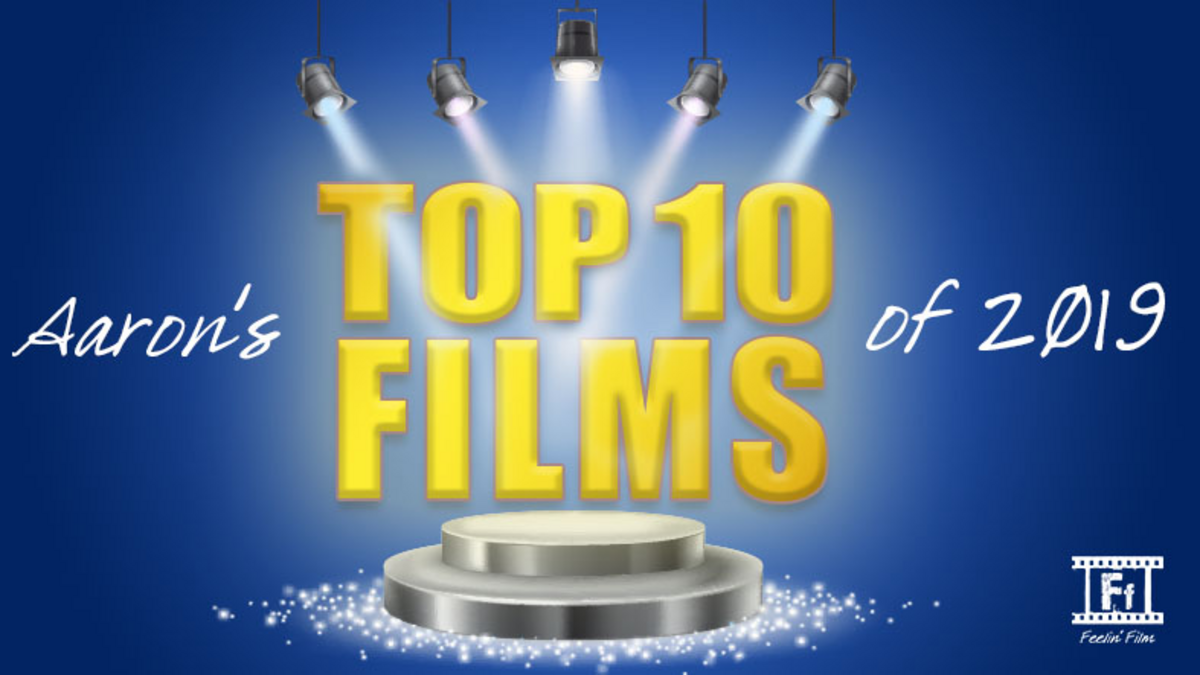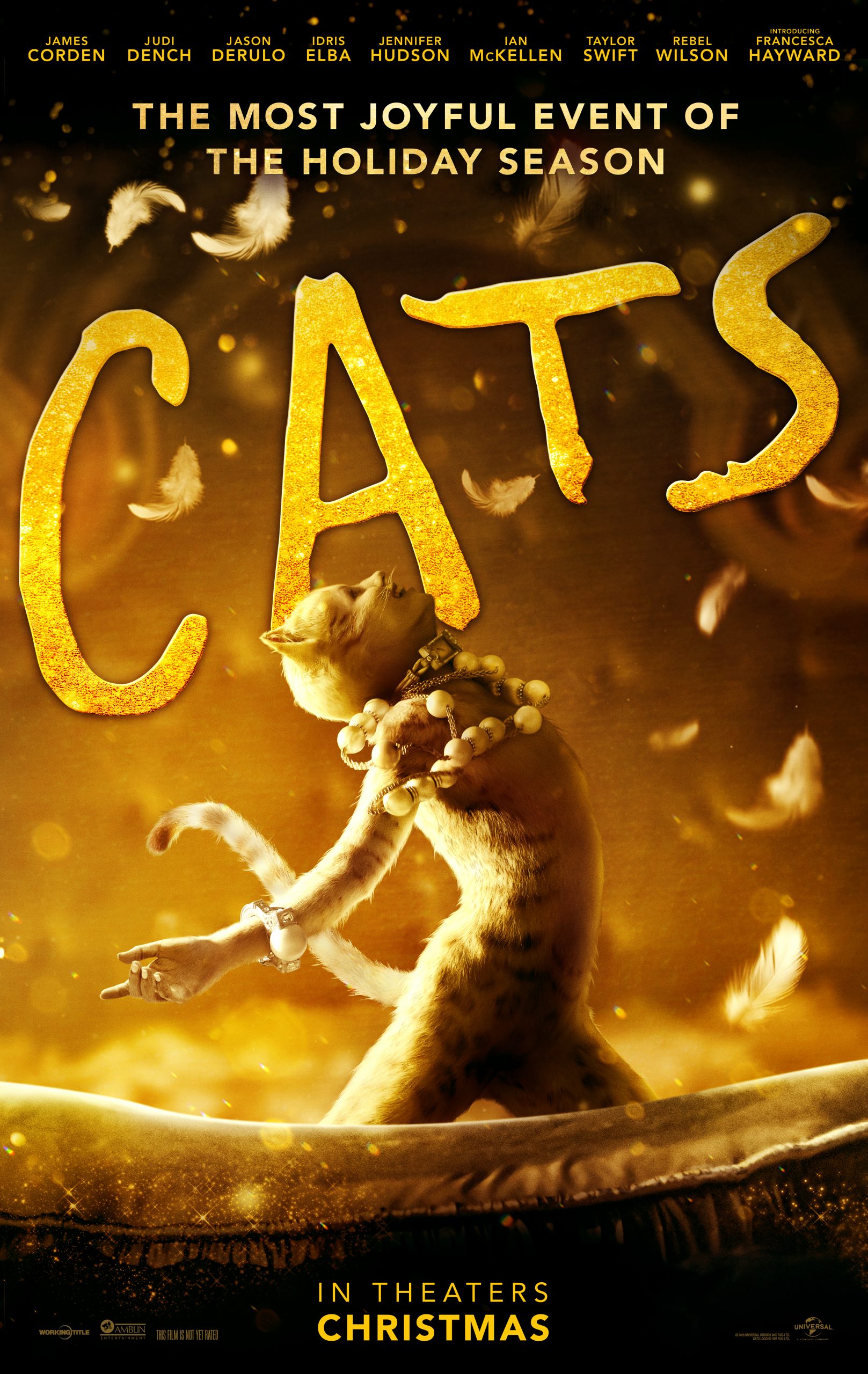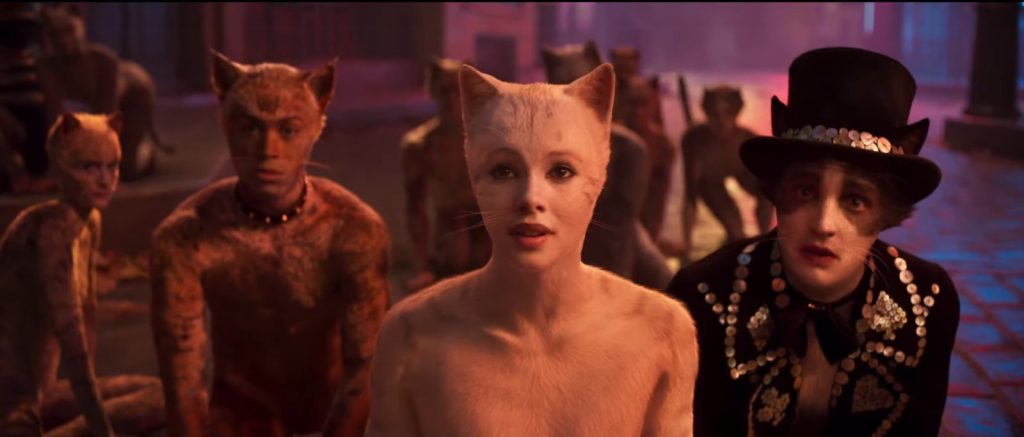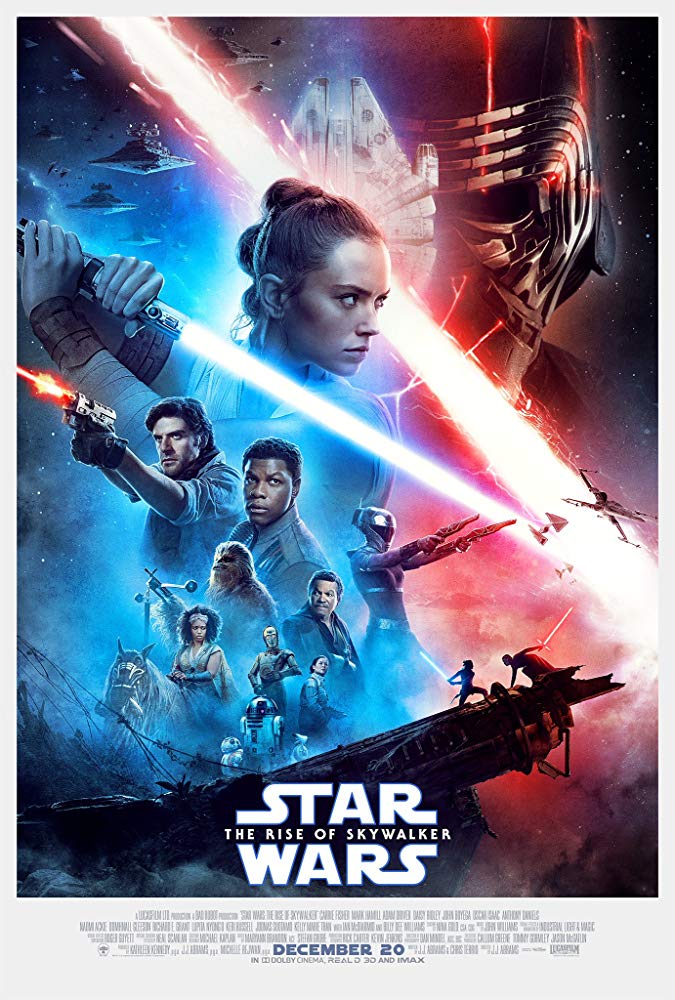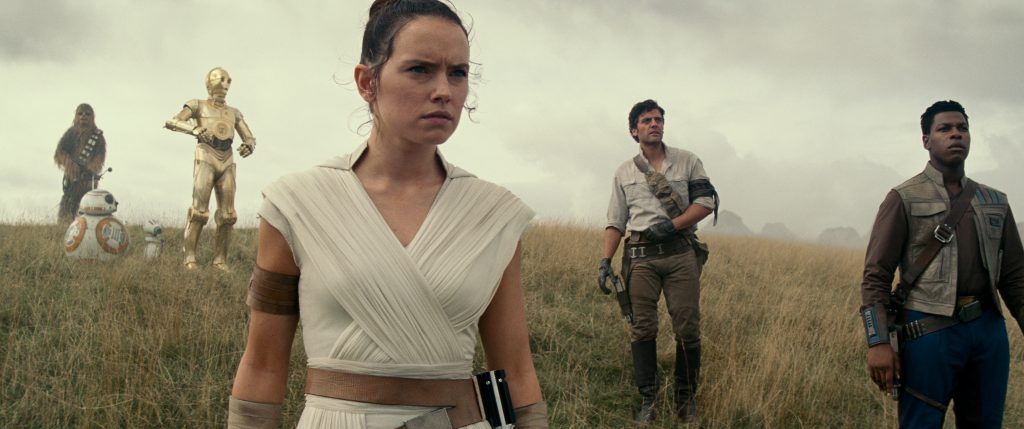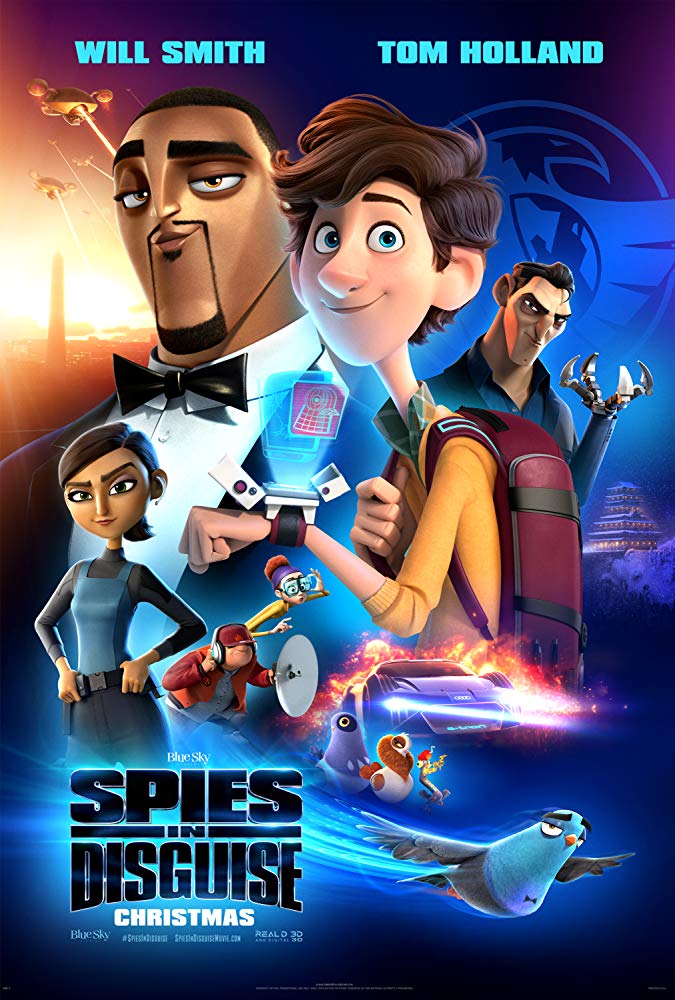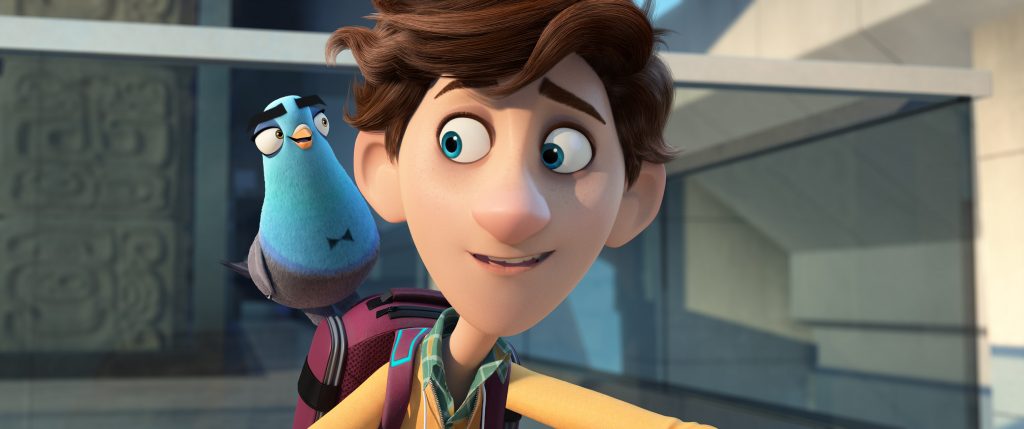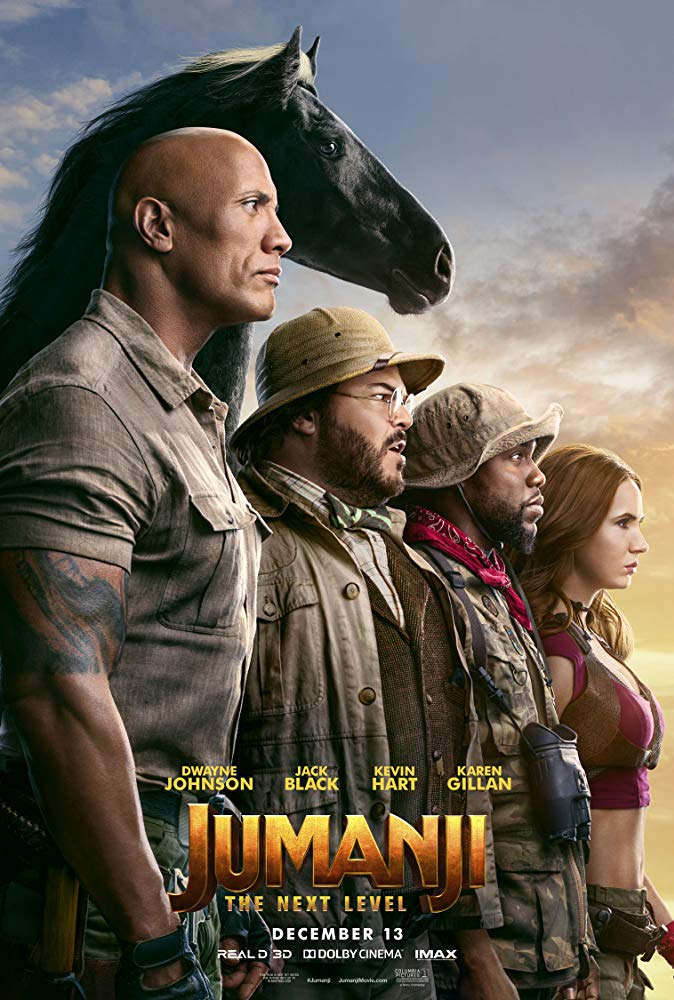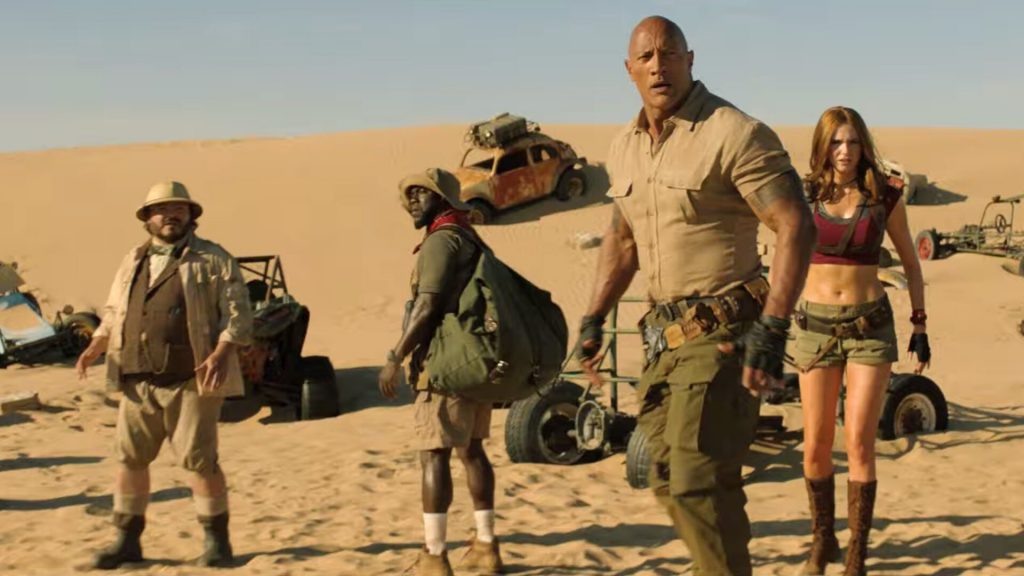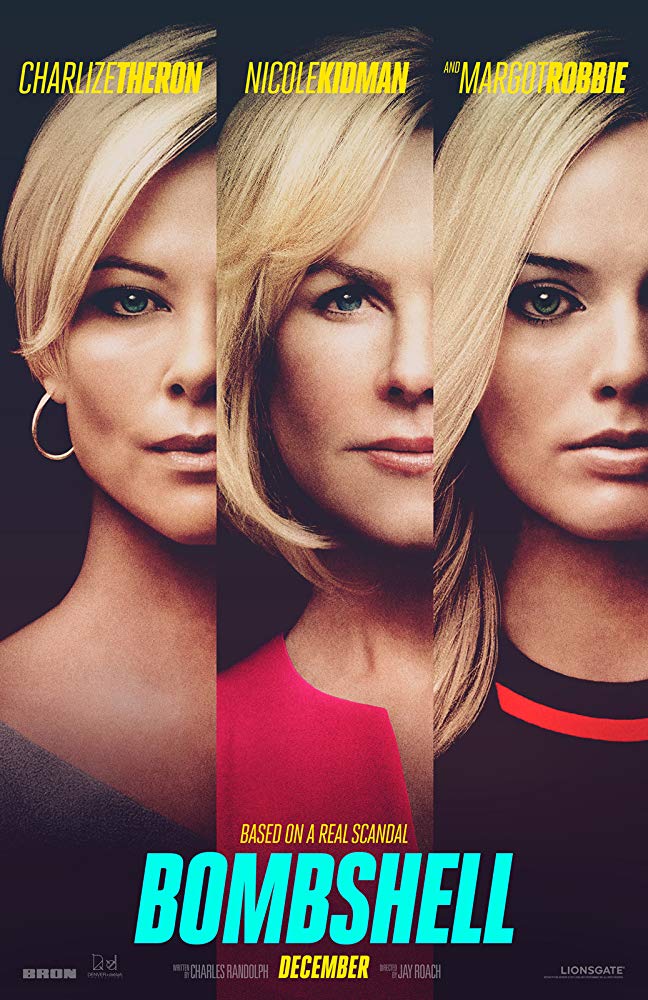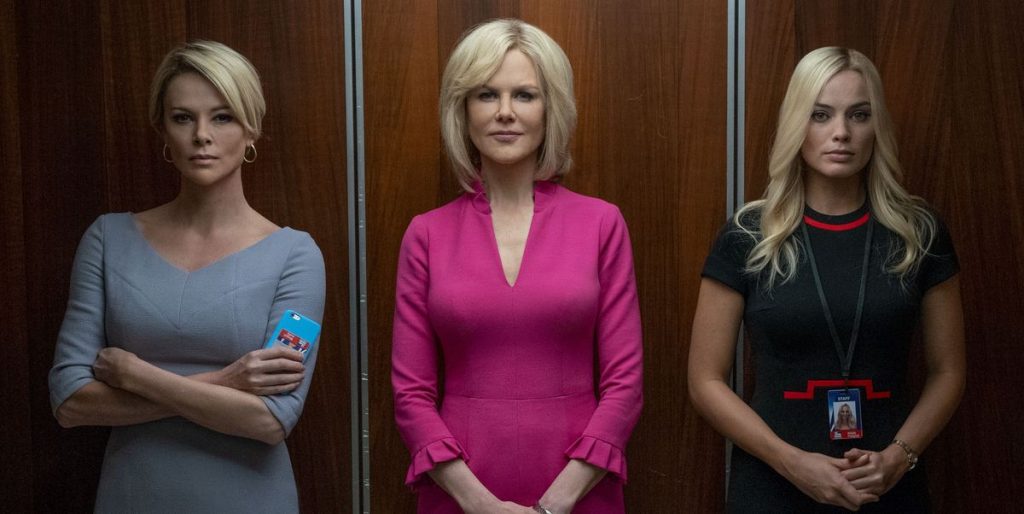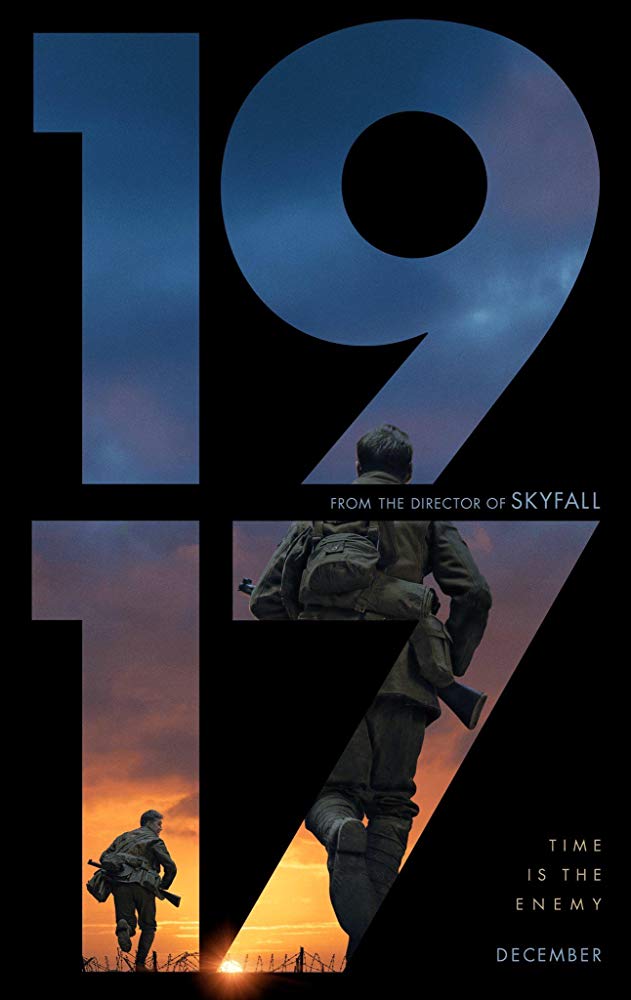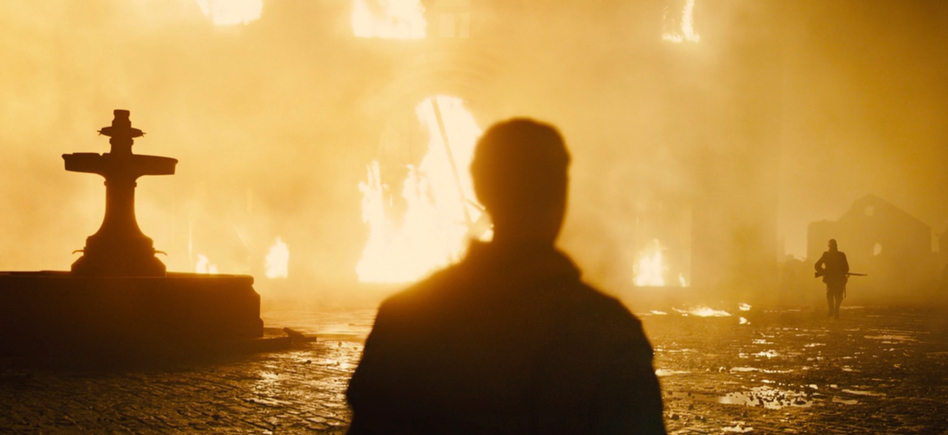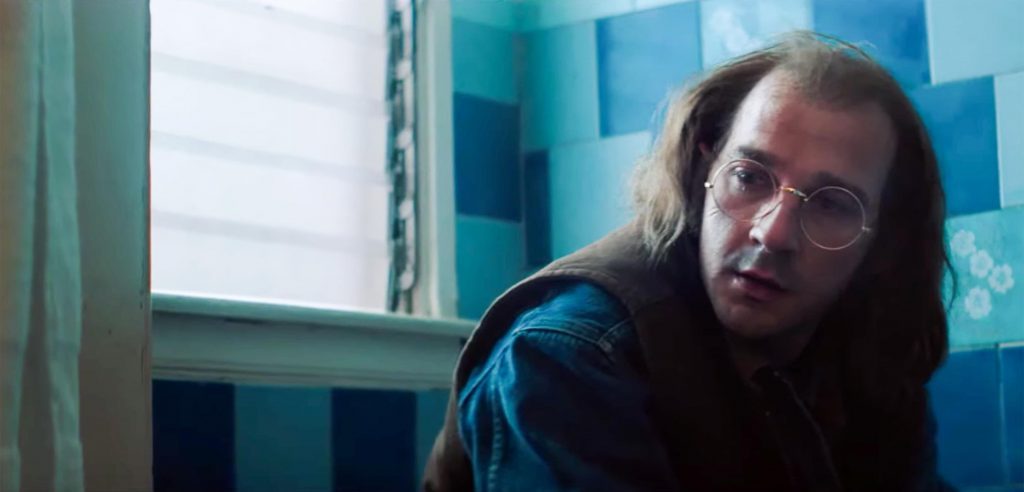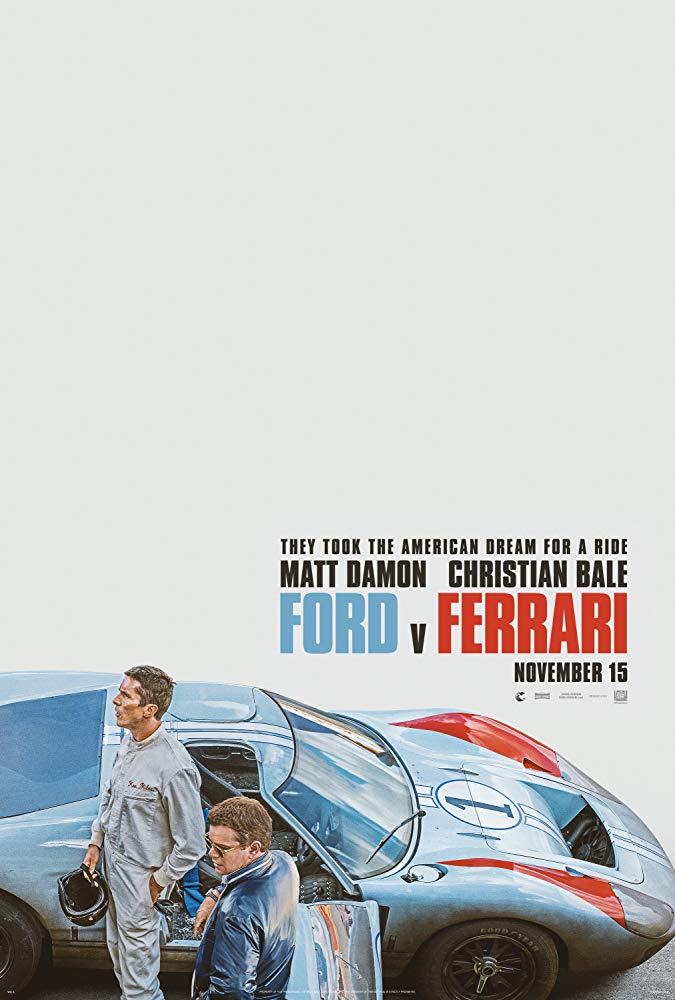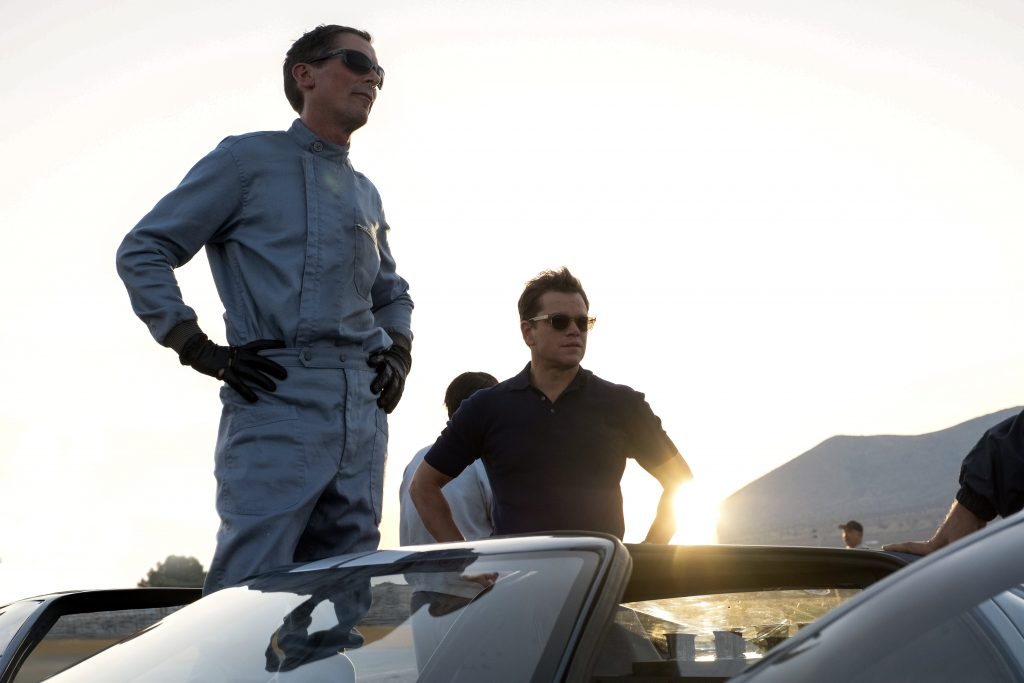2019 is coming to a close and what a wonderful year of movies we’ve had to wrap up the decade. This year I saw 175 new films, 26 of which were documentaries. Finding room in my Top 20 (much less my Top 10) for every film that I want to sing the praises of is always incredibly difficult and this year is no different. The process of narrowing down my favorites to the top ten films of the year was a painful experience that required a lot of reflection and time. The ranking you see here changed constantly right up until I hit “post”, but now what’s done is done and I have to live with it. Since it’s impossible for me to just settle on ten, you will see some of my favorites of the year in the #11-20 special mention spots.
With regards to my criteria, when it comes to ranking films critically, I do that as part of my membership in the Seattle Film Critics Society (see my nominations here and our award winners here). But on Feelin’ Film we focus more on matters of the heart, so my Top 10 films are often ones that I found the most affecting in 2019 – those movies that provided me an incredibly emotional or memorable experience of some sort. Another thing that factors strongly into my ranking is rewatchability, so think of this list as my favorites of the best.
In order to make this a tad easier on myself, and also because they truly are a unique medium unto themselves, I have listed my Top 5 Documentaries separately. It feels like every year is a great one for non-fiction filmmaking and 2019 was no different. At least two of these below would be featured in my Top 10 of the year if these lists were combined; I had to make some very hard cuts in limiting this list to just a Top 5. But as they say… “it’s what it is.”

THE DOCUMENTARIES
5. UNTOUCHABLE – (not the 2019 documentary about Harvey Weinstein) The first documentary I saw in 2019 was this film by David Feige that started making festival rounds in 2016 and finally got its release this year. The film follows Ron Book, a Florida lobbyist and father to a daughter who has been sexually abused, on his campaign that leads to some of the toughest sex offender laws in the nation. The film is special because of the way it gives equal space to the stories of both victims and offenders, as well as their respective loved ones. It is an incredible example of what documentaries at their best can be – not just informative, but balanced and thought-provoking despite covering very difficult to watch & complicated subject matter. While never losing sight of the pain these crimes can cause, it challenges our long-held perception of sex offenders, forces us to see the effects of our strict justice system on them and their families, and offers statistics that question whether our laws are even making a dent in rehabilitation or prevention. (Hear our discussion about “Untouchable” in FF+ here.)
4. LOVE, ANTOSHA – Get ready to cry your eyes out and then embark on a (surprisingly long) quest to watch all of the late actor Anton Yelchin’s films. This film is so well-constructed as a documentary that tells the story of Anton’s life, but its power is in sharing the stories of what he meant to so many people, who could see in him what he maybe never could. It is a beautiful, beautiful tribute to a brilliant artist and wonderful human being gone far too soon.
3. SEA OF SHADOWS – I was blown away by the incredible access to both the bad guys and Mexican governmental agencies that this filmmaking team was able to have. “Sea of Shadows” is a documentary (which feels like an intense geopolitical thriller about cartels and other international criminal groups) that follows journalists teaming with activists and military to expose and take down powerful black-market fish bladder traffickers. The film is engaging and riveting in the way it brings this story of gross human exploitation and the destruction of our planet’s environment/animal kingdom to the forefront of public minds.
2. FOR SAMA – Many films have been made about the Battle of Aleppo, a 4.5 year conflict during the Syrian Civil War, but none like this. Told entirely from a young woman’s perspective, Waad al-Kateab becomes a journalist and documents her life in a sort of video log time capsule dedicated to her daughter Sama. It is an intimate, ground-level perspective otherwise unseen that captures the struggles of Waad’s life as she transitions through falling in love, becoming part of the resistance alongside her doctor husband, and eventually motherhood. It is visceral and painful in a way that caused me to have tears welled inside my eyes for almost its entire runtime. But though it is a horror film, it is also a love story, one that shows the cost yes, but also the deep devotion to justice and freedom that drives the resistance to protect one another and strive to reclaim their homeland from tyranny. It was unforgettable, and I hope that for the sake of retaining our humanity in this world as many people as possible will see it. Tough to get through? Absolutely. But worth it in every way for the beautiful relationships that exist within the chaos, and the inspiring hope these parents bring to not just their own child but the next generation as a whole.
1. APOLLO 11 – For the second year in a row, a documentary provided my most incredible IMAX theater viewing of the year. Composed entirely of newly discovered raw archival footage from the actual launch, mission, and landing, “Apollo 11” is an editing marvel that shares with the world an immersive experience from the past. Presented entirely free of any commentary and backed by one of the best musical scores of the year, this is technical filmmaking mastery at its finest. I held my breath, cried tears of pride and awe, and felt my bones rattle and my seat shake – all part of a spectacular experience that was one of my most memorable ones this decade. (Hear our discussion about “Apollo 11” in FF+ here.)

THE FEATURE FILMS
20. THE LEGO MOVIE 2: THE SECOND PART – (Hear our discussion about “The Lego Movie 2: The Second Part in Episode 149 here.)
19. SPIDER-MAN: FAR FROM HOME – (Hear our discussion about “Spider-Man: Far From Home” in Episode 174 here.)
18. BATMAN: HUSH – (Hear our discussion about “Batman: Hush” in FF+ here.)
17. THE FAREWELL – (Hear our discussion about “The Farewell” in FF+ here.)
16. A HIDDEN LIFE
15. PORTRAIT OF A LADY ON FIRE
14. FORD V FERRARI – (Hear our discussion about “Ford v Ferrari” in Episode 198 here.)
13. TOLKIEN – (Hear our discussion about “Tolkien” in FF+ here.)
12. MISSING LINK – (Hear our discussion about “Missing Link” in Episode 160 here.)
- I broke this into a Top 11 because I couldn’t bear to cut (heh) “Uncut Gems” from my Top 10. It’s that great. #SorryNotSorry
11. UNCUT GEMS – Remember. To. Breathe. “Uncut Gems” is an E-X-P-E-R-I-E-N-C-E. This is a one-of-a-kind stylish anxiety attack that captures the highs and lows of compulsive gambling like I’ve never seen before. It often feels like complete chaos and manic screaming of dialogue throughout, but that is actually the Safdie Brothers in complete control of a career-best performance from Adam Sandler. It’s terrifying to watch unfold – like a horror movie without the slashing or supernatural – and the gigantic breath I finally took at the end is like the greatest gasp of air I’d ever had. Bonus points for a huge sub-plot involving Kevin Garnett and one of the year’s best scenes where said NBA superstar caresses a rock lovingly.

10. BOMBSHELL – There’s always room for a stellar biopic with Oscar-worthy performances and a biting script in my Top 10, and this year it was director Jay Roach’s riveting story of how brave women at Fox News took down its infamous sexually abusive CEO and a culture of toxic sexism. It is a slick, entertaining, and highly uncomfortable film that is so much more than just a history lesson, though. It tells this very important story from a perspective that audience members may never experience otherwise, opening my eyes via dramatization in a way that mundane and cheesy workplace sexual harassment videos never have. I feel empowered to look for, notice, and stand up against sexual harassment of any form anywhere it exists. (Hear our discussion of “Bombshell” in Episode 205 here.)

9. TOY STORY 4 – Shame on me for doubting Pixar and one of the most perfect trilogies of all-time. It took me two viewings, but once I took in the film detached from my expectations of what a Toy Story film “should” be, I fell in love. Not only is it heady and thoughtful in ways the series has never quite tried, it still packs the emotional punch I expect and crave. I laughed my ass off. I cried hard. I became obsessed with Forky. New characters won me over and this fourth entry manages to somehow create a new conclusion that makes perfect sense. (Hear our discussion about “Toy Story 4” in Episode 172 here.)

8. JOKER – Todd Phillips’ “Joker” is exceptional, elevating the type of stories we are accustomed to from our comic book characters into previously uncharted artistic territory. As Phillips’ muse, Joaquin Phoenix carries the film with a phenomenal physical performance that imbues the titular villain’s tormented soul with both a growing madness and a painfully affecting pathos. It took a lot of nerve for Phillips to depict a “beloved” villain in this way and style, knowing that many fans would not approve, but his approach allows for a powerful conversation to be had about mental illness and violence. I was completely enthralled throughout the film, both with its narrative and its artistic elements. I left the theater floored and impressed beyond belief. (Hear our discussion about “Joker” in Episode 191 here.)

7. PARASITE – What hasn’t already been said about director Bong Joon-Ho’s delightfully dark social satire? It’s a commentary on class warfare and capitalism that plays out in a funny yet thrilling story that crosses several different genres and surprises at every turn. Worthy of every bit of praise and all of the awards that it is winning this year, “Parasite” is one of the best live-action foreign films of the decade and should be seen knowing as little as possible.

6. 1917 – “1917” is an astonishing exercise in immersion that left me utterly shaken. It is a true technical marvel, with emotional power that creeps up slowly, and then forces the viewer to reconcile with the futility of war in a manner that lingers long after the credits roll. Featuring my favorite score of the year and the best cinematography, as well, the film is stunning on every level, a tour-de-force in the genre, and an absolute must-see theatrical experience. (Episode coming in January 2020)
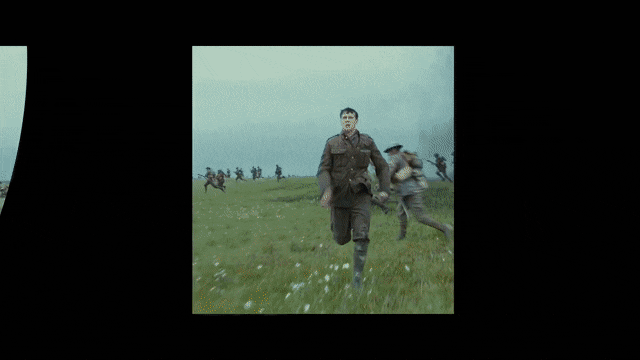
5. THE PEANUT BUTTER FALCON – A simple, moving adventure story of friendship and family. Never condescending. My eyes were hardly dry throughout. I love this movie. Every single moment. The cinematography, the score, the acting, but of course the story most of all. And for me, the depiction of people on the fringes – a care center runaway with Down Syndrome and a troubled thief – who come together and become a non-traditional family is one of the sweetest I’ve ever seen. (Hear our discussion about “The Peanut Butter Falcon” in Episode 199 here.)

4. WEATHERING WITH YOU – It’s no secret how much I adore Makoto Shinkai’s “Your Name.” This film also features a central teenage romance with fantastical elements and natural disasters on the horizon but is a much more serious and dramatic work that takes its time moving the story along and has Shinkai exploring the very real issue of climate change (and humanity’s conflicting response to it) through the decisions that its romantically inclined protagonists face. In what has become the norm, Shinkai delivers breathtaking visuals yet again and they perfectly synchronize with another beautiful RADWIMP’s score. There is just something about how Shinkai consistently tells stories that move me deeply and affect my soul in ways that very few filmmakers do. “Weathering With You” is an incredibly layered animated dream and I can’t stop thinking about its characters, their relationships, and the challenging situations they must deal with, but also what my own feelings about those things ultimately say about me.

3. ONCE UPON A TIME… IN HOLLYWOOD – Where Quentin Tarantino’s storytelling shines the most in “Once Upon a Time… in Hollywood” is in the relationship between movie star Rick Dalton & his stuntman/best friend Cliff Booth. Their friendship is touching and hilarious, and their stories are compelling enough on their own to carry a nearly 3-hour long movie. In addition, the satisfying and respectful retelling of Sharon Tate’s tragic murder within this alternate history grounds this film in the time period that QT is clearly making a love letter to. I could watch these characters in this world for hours upon end and never tire of it. Exceptional production value and acting all around plus great messages about friendship and how we remember people make this a slamdunk top film of the year for me. (Hear our discussion about “Once Upon a Time… in Hollywood” in Episode 178 here.)

2. MARRIAGE STORY – “Getting divorced with a kid can be one of the hardest things you can ever do – it’s like a death without a body.” I relate very deeply with much of what’s depicted in this story, and from personal experience, I agree that divorce *is* like death without a body. What makes “Marriage Story” brilliant to me, is that Baumbach captures the waves of changing emotions and challenges that many, many couples face perfectly, despite the setting being that of two celebrities parting ways. “Marriage Story” is a reflection of this beautifully flawed couple that gives insight into the awful process of divorce, and it hurts like hell to experience but can also serve as a cautionary tale for those in relationships now. It is the rare film that comes along that has impeccable filmmaking artistry, is entertaining, and has a huge personal relevance, making it an easy choice for this spot on my list. (Hear our discussion about “Marriage Story” in Episode 203 here.)

1. LITTLE WOMEN – When was the last time a pure drama, period piece, with Hollywood star power, contending for awards had a PG rating? Greta Gerwig’s masterful retelling of Louisa May Alcott’s classic is a love letter to the source material that is as delightful as it is artistically terrific. Updated with a fun new meta twist that could have gone terribly awry, instead, Gerwig’s storytelling device highlights the theme of owning your own story and hammers home Jo’s arc in an impactful new way, while also portraying Amy’s important story quite powerfully, like we haven’t seen before. The acting is just as brilliant as you’d expect from this supremely talented group of young actors, and supporting roles by such veterans as Laura Dern, Meryl Streep, Tracy Letts, and Chris Cooper are every bit as perfectly cast. Each and every element of the film adds to its delight – from the production design to the score – and it’s likely Gerwig’s film will go down as the best telling of this famous story for many a viewer, and may just inspire a whole new generation of little women too. (Hear our discussion about “Little Women” in Episode 207 here.)
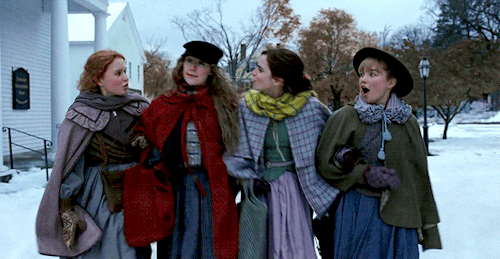

Aaron White is a Seattle-based film critic and co-creator/co-host of the Feelin’ Film Podcast. He is also a member of the Seattle Film Critics Society. He writes reviews with a focus on the emotional experience he has with a film. Follow him on Facebook and Twitter to be notified when new content is posted.

